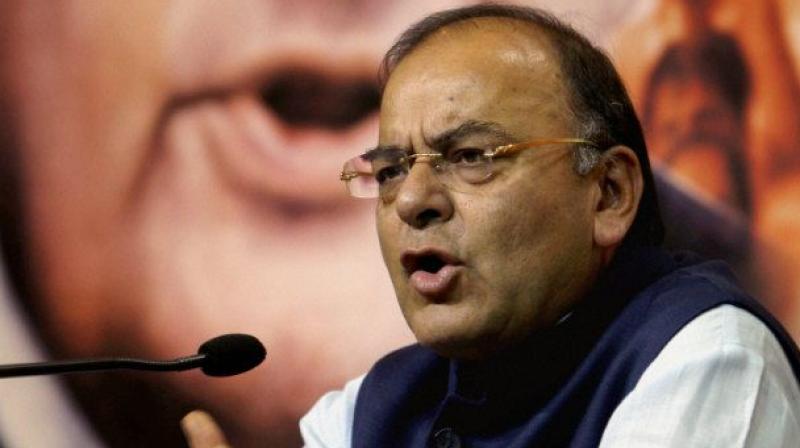Centre adopts new system on distributed incomes

New Delhi: In a move that is aimed at reducing litigation, the Union government on Wednesday notified new rules for calculating distributed income that may arise from share buyback, demerger, amalgamation or issuance of bonus shares by companies.
The new rules take effect retrospectively from June 1, 2016. The rules provide for computation mechanism of ‘amount received’ in 12 different scenarios depending upon the manner of issue of shares —regular issue, amalgamation, demerger, bonus issue, conversion of bond or debenture, sweat equity share issue and share-buyback in demat form.
The clarification with respect to the amount received by a company in case of ESOP or Sweat Equity shares is quite logical and would go a long way in rationalising the tax impact arising on buy back of such shares, experts said.
“In absence of clear provisions in this regard, there was a trend to shift the tax cost of buy back of ESOP shares to the employees. This will help in alleviating any open issues in relation to buy backs, thereby reducing litigation,” Nangia & Co Partner Amit Agarwal said.
Industry has been waiting for the final rules in relation to methodology for determining the amount received by the company, under different circumstances in which the shares have been issued.
Overall, the final rules appreciate the business and commercial realities that are associated with issuance of shares in different scenarios, Agarwal added. The final rules also cover issuance of equity shares, pursuant to conversion of a firm into company or succession of a sole proprietorship by a company.
In case of issue of shares for acquiring an asset or settling a liability, the requirement of obtaining a fair market value report of the merchant banker is an onerous requirement, he said.
“While the intention of the CBDT is to obtain a fair valuation, we believe that the valuation responsibility should have been cast on certified assets valuers or chartered engineers,” he added.

